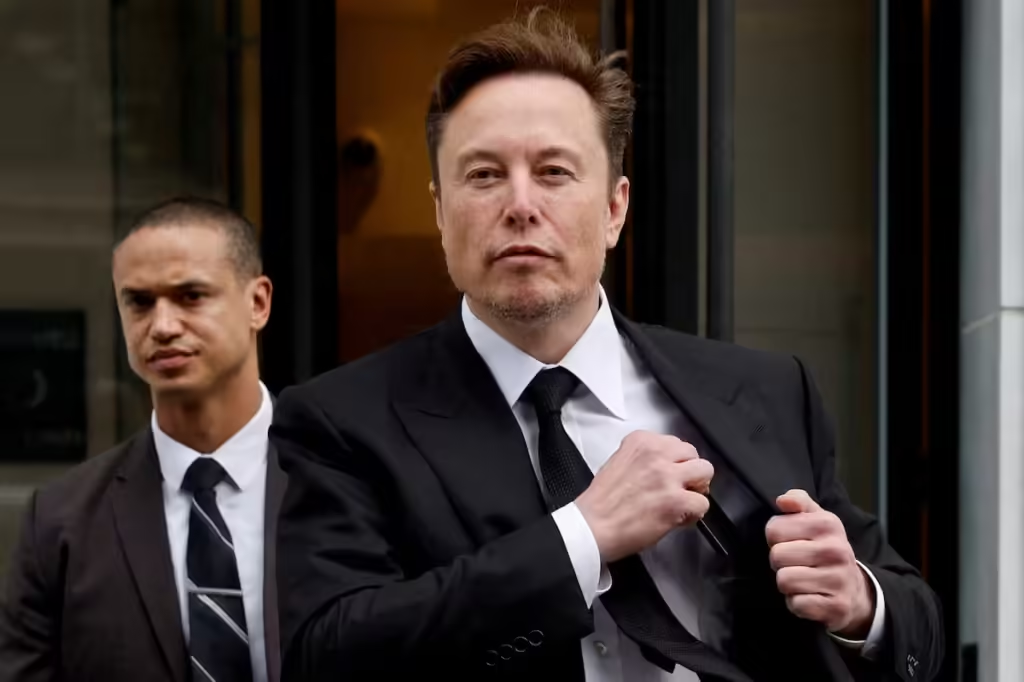Elon Musk has decided to withdraw his legal action against OpenAI, the company behind ChatGPT, and its CEO Sam Altman. Musk had initially filed a lawsuit alleging that OpenAI had deviated from its original purpose of developing artificial intelligence (AI) for the benefit of humanity rather than profit. The request for dismissal was made without providing a specific reason for the decision, as per court documents filed in the San Francisco Superior Court.

The lawsuit, filed in February, was set to be discussed in a hearing scheduled for the following day. Both OpenAI and Musk’s legal representatives did not immediately respond to requests for comments regarding this recent development. Musk chose to dismiss the case without prejudice, leaving open the possibility of refiling it in the future.
This legal dispute represents a culmination of Musk’s longstanding concerns about OpenAI’s direction. Musk, who was a co-founder of the startup, had envisioned it as an open-source, non-profit venture. However, according to the lawsuit, OpenAI’s focus shifted towards profitability, particularly highlighted by the release of its lucrative GPT-4 model last year.
In response to Musk’s allegations, OpenAI had argued that the lawsuit lacked coherence and was an attempt by Musk to further his own AI endeavors. They suggested that Musk’s motivation stemmed from a desire to replicate the technological advancements achieved by OpenAI. Musk, on the other hand, contended that OpenAI was attempting to introduce arguments based on disputed facts beyond the lawsuit’s scope.
This legal battle underscores the complexities surrounding the development and commercialization of AI technologies. While the specifics of Musk’s grievances against OpenAI remain subject to legal interpretation, the case sheds light on broader debates about the ethical and economic implications of AI research and innovation.


